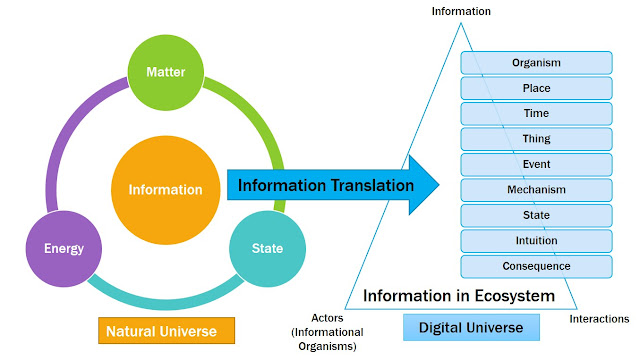The Gill Framework for Enterprise Adaptation V0.2
Based on rigorous ongoing research, this article presents the updated version of The Gill Framework for Enterprise Adaptation V0.2 (Copyright Dr. Asif Q. Gill 2012). This framework (Figure 1), while still in development, is a set of key disciplines, practices, artifacts and guidelines to assist enterprises in engineering and managing complex adaptive enterprises. The inner layer presents enterprise-as-a-whole living system of service systems, which is called here the agile super service system. Agile super service system has four elements.
Agile Super Service System
- Defining
- Operating
- Managing
- Integrated Enterprise Library
Agile super service system can be “defined” as a complex supply chain network of business entities or agile service systems. Agile super service system, beyond the boundary of a single organisation, operates in a complex local, global, federated, collaborated, centralised or distributed “operating” environment to deliver services to customers. Operating environment is “managed” through an agile life cycle management approach to meet the constantly changing business demand. Agile super service system artifacts are stored in the “integrated enterprise library”.
The outer layer presents the five-stage adaptation process to guide the iterative engineering and management of the enterprise-as-a-whole living system of service systems. It has following five key stages.
Adaptation Process (Outer Layer)
- Context
- Rationalisation
- Assessment
- Realisation
- Unrealisation
The “Context” stage is to scan the internal and external environment and identify opportunities (trends, issues) at enterprise level. The “Rationalisation” stage is to scan the internal and external environment and identify opportunities (trends, issues) at the service level. The “Assessment” stage is to assess the technology adoption or de-adoption readiness at an enterprise and service level. The “Realisation” process triggers actual adoption or de-adoption of technology for smooth enterprise operations (e.g. keep the lights on), improvement, growth and transformation. The “Unrealisation” stage manages the deferred opportunities.
The Gill Framework for Enterprise Adaptation V0.2 (Copyright Dr. Asif Q. Gill 2012)
I will continually post the updated version of this framework based on further research and development.




Comments
Post a Comment